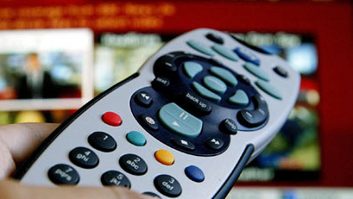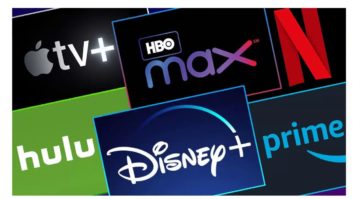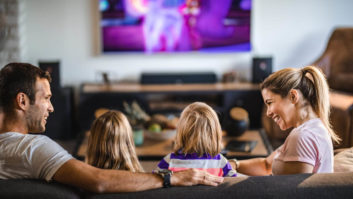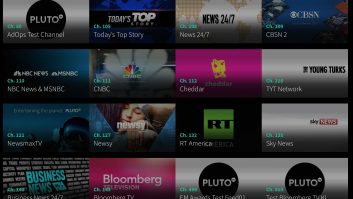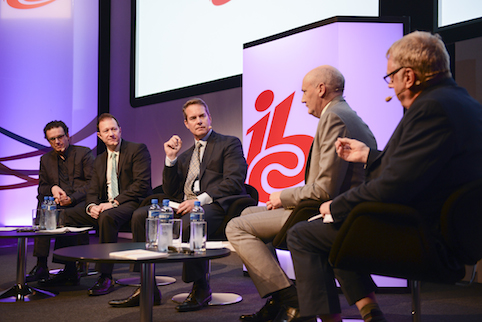
IBC’s 2014 Conference sessions kicked off with a humdinger keynote featuring a quartet of VIP speakers, each of whom used the occasion to make major announcements on the health of broadcast TV.
Channel 4’s CEO David Abraham said that early next year Channel 4 would significantly change its 4oD on-line and on-demand offerings to ‘All4’ in order to better reflect the choices available from its 18 linear channels, as well as its on-demand and other upcoming options.
“Today, technological innovation in TV is continual, pervasive and direct to the consumer in a hybrid environment of linear and IP-based delivery,” said Abraham, adding that it was vital that broadcasters deepen their relationship with their audience, and with particular shows. “Broadcast TV is highly relevant, but viewers want mobility and connectivity, and there’s no reason why broadcasters should lose that relevance and salience.”
Bruce Tuchman, president of Sundance Channel Global, explained how Sundance had been added to the AMC portfolio of channels and how success in original programming (The Walking Dead, Mad Men, Breaking Bad) represented the backbone of its intentions.
“Savvy channel companies will not only thrive but will drive increased value in this rapidly evolving world.”
Charlie Vogt, CEO Imagine Communications, said that the greatest challenge his staff had to face was helping broadcasters save money without having to re-engineer themselves every three-to-five years. “There has been more change in the past five years than in the past 50 years. And the next 18-24 months will see even greater changes take place. But we are firm believers that video remains the absolute ‘killer app’. The network should not be the differentiator. The content and the logo should be the differentiator.”
Dubai-based MBC’s CEO Sam Barnett explained how deliberate programme jamming in the MENA region was also forcing the broadcaster to think swiftly not least when some of its most popular shows are directly affected. “We had tens of millions of people watching a popular live show when the screen went dark.
The fact is that in our region until the digital platforms can operate independently, we are at risk. They are exposed to national regulators who can switch the internet off. They can close down Twitter and other social media options. By and large the day-to-day controls that media authorities want to assert have not caught up with today’s technology.
But they will.”
